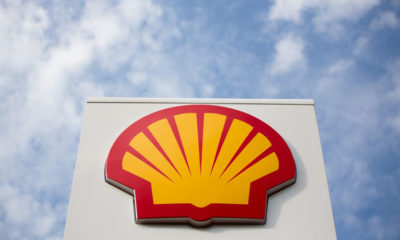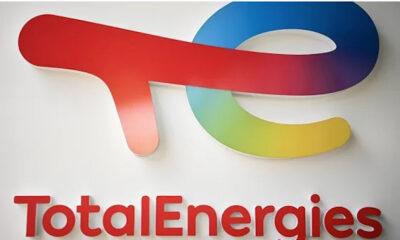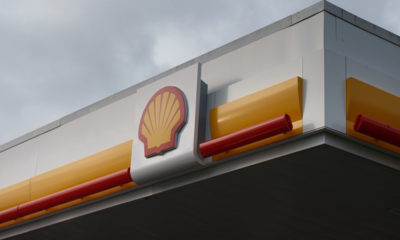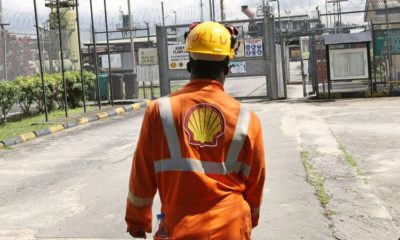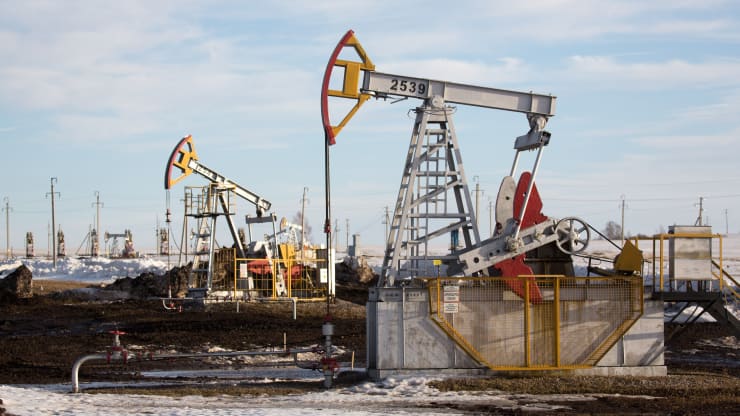The global oil market witnessed a significant surge in prices as political upheaval rocked two of the world’s largest crude producers, Iran and Saudi Arabia.
Brent crude oil, against which Nigerian oil is priced, rose above $84 a barrel while West Texas Intermediate (WTI) oil climbed over the $80 threshold.
The sudden spike in oil prices followed a tragic incident in Iran, where President Ebrahim Raisi and Foreign Minister Hossein Amirabdollahian lost their lives in a helicopter crash.
Simultaneously, apprehensions over the health of Saudi Arabia’s king added to the geopolitical tensions gripping the oil market.
Saudi Arabia stands as the leading producer within the Organization of the Petroleum Exporting Countries (OPEC), while Iran ranks as the third-largest.
Despite these significant developments, there are no immediate indications of disruptions to oil supply from either nation.
Iranian Supreme Leader Ayatollah Ali Khamenei reassured that the country’s affairs would continue without interruption in the aftermath of the tragic event.
However, the geopolitical landscape remains fraught with additional concerns, amplifying market volatility.
In Ukraine, drone attacks persist on Russian refining facilities, exacerbating tensions between the two nations.
Moreover, a China-bound oil tanker fell victim to a Houthi missile strike in the Red Sea, further fueling anxiety over supply disruptions.
Warren Patterson, head of commodities strategy for ING Groep NV in Singapore, remarked on the market’s reaction to geopolitical events, noting a certain desensitization due to ample spare production capacity within OPEC.
He emphasized the need for clarity from OPEC+ regarding output policies to potentially break the current price range.
While global benchmark Brent has experienced a 9% increase year-to-date, largely driven by OPEC+ supply cuts, prices had cooled off since mid-April amidst easing geopolitical tensions.
Attention now turns to the upcoming OPEC+ meeting scheduled for June 1, with market observers anticipating a continuation of existing production curbs.
Despite the surge in oil prices, there’s a growing sense of bearishness among hedge funds, evidenced by the reduction of net long positions on Brent for a second consecutive week.
This sentiment extends to bets on rising gasoline prices ahead of the US summer driving season, indicating a cautious outlook among investors.
As the oil market grapples with geopolitical uncertainties and supply dynamics, stakeholders await further developments and policy decisions from key players to navigate the evolving landscape effectively.
The coming weeks are poised to be critical in determining the trajectory of oil prices amidst a backdrop of geopolitical turmoil and market volatility.

 Naira4 weeks ago
Naira4 weeks ago
 Naira4 weeks ago
Naira4 weeks ago
 Travel4 weeks ago
Travel4 weeks ago
 Naira3 weeks ago
Naira3 weeks ago
 Jobs4 weeks ago
Jobs4 weeks ago
 Naira4 weeks ago
Naira4 weeks ago
 Investment4 weeks ago
Investment4 weeks ago
 Travel4 weeks ago
Travel4 weeks ago


